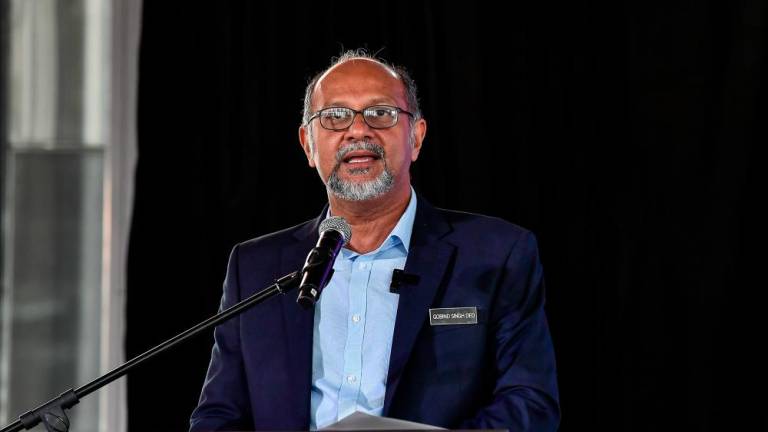PETALING JAYA: According to statistics from the Insolvency Department, 34,043 bankruptcy cases were recorded among working adults from 2019 to April this year, with the figure rising just four months later to 35,714.
Hence, Parent Action Group for Education Malaysia (PAGE) chairman Datin Noor Azimah Abdul Rahim is calling for financial literacy to be taught in schools.
She said providing financial literacy as a school subject would result in a positive outcome and considerable decline in the proportion of those who will likely file for bankruptcy in adulthood.
“Subjects related to financial literacy should be taught in secondary schools, if not earlier. Teaching people how to manage their money from young would make them wiser in the monetary sense and decisions they make as adults.
“If this is done effectively, PAGE believes there will be a noticeable decrease in the number of young adults who find themselves in serious financial difficulty.
“This is because they would have learnt essential skills in budgeting and good financial habits. The knowledge and skills they gain in school would save them from financial ruin,” Noor Azimah said.
Concurring with her is Malaysian Literacy in Financial Education Association (MyLIFE) chairman Amy Seok.
Founded in 2019 by Seok and a group of like-minded professionals, MyLIFE believes in proactive action to elevate the financial literacy of Malaysians through education.
“We are committed at the working level to effectively implement the national strategy formed by the Financial Education Network, which is spearheaded by Bank Negara Malaysia and the Securities Commission Malaysia,” she said.
Seok added that financial literacy is directly applicable to the lives of students as they transition into adulthood, encouraging them to manage savings, budget, pay bills, understand debt and make informed investment decisions.
She said by teaching school subjects related to financial literacy, students could develop vital skills and knowledge to effectively navigate the pitfalls of making poor decisions, adding that the skill sets students learn would promote a greater sense of financial security and become a barrier against the dangers of accumulating debt.
“Additionally, it acts as a compass pointing students in the right direction to realise their financial desires and strengthen the groundwork for accomplishing their long-term financial objectives.
“Students would be able to strengthen themselves against the traps of deceptive financial practices and schemes by being armed with basic concepts such as interest rates, credit scores and savings techniques,” Seok said.
On how financial literacy could benefit students in their careers, she said it would give them the knowledge and skills to make informed decisions during salary negotiations, employee benefits, taxes and retirement planning.
“Young adults would be able to manage the complexities of their financial lives with assurance and foresight, thanks to what they have learnt in school.
“The ability to master these skills is essential for choosing a career, maximising earnings potential and creating a plan for long-term financial security.”
Seok said once they start working, financially literate young adults would be less likely to rely on government assistance programmes and have higher rates of home ownership and business ventures.











